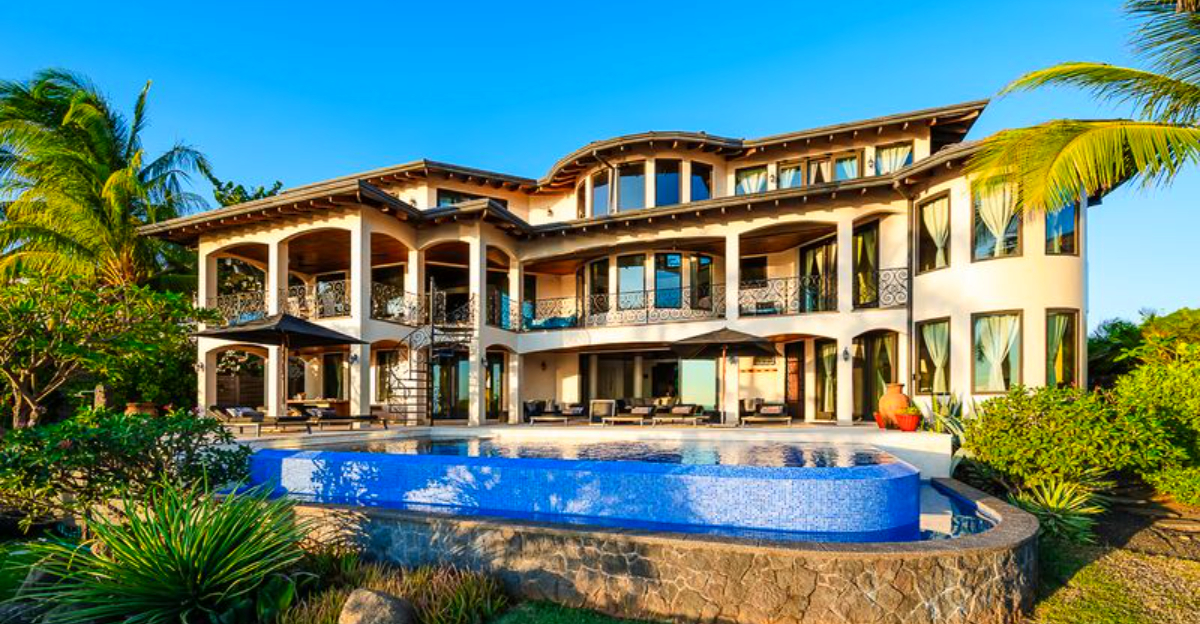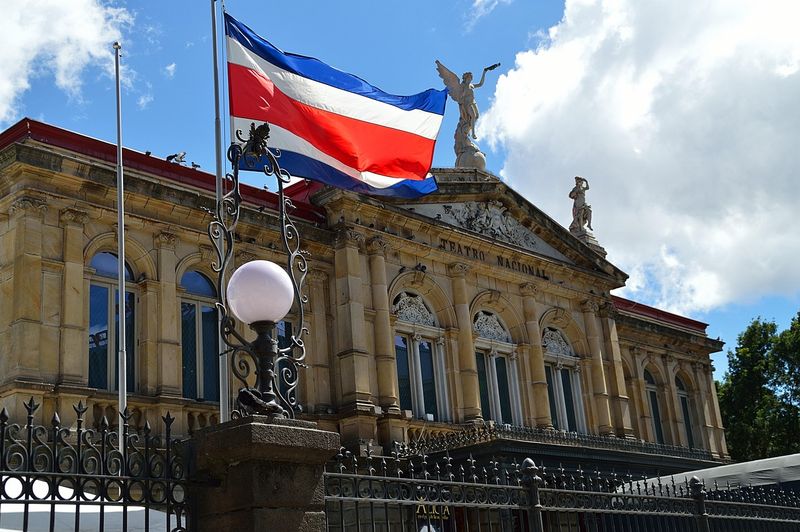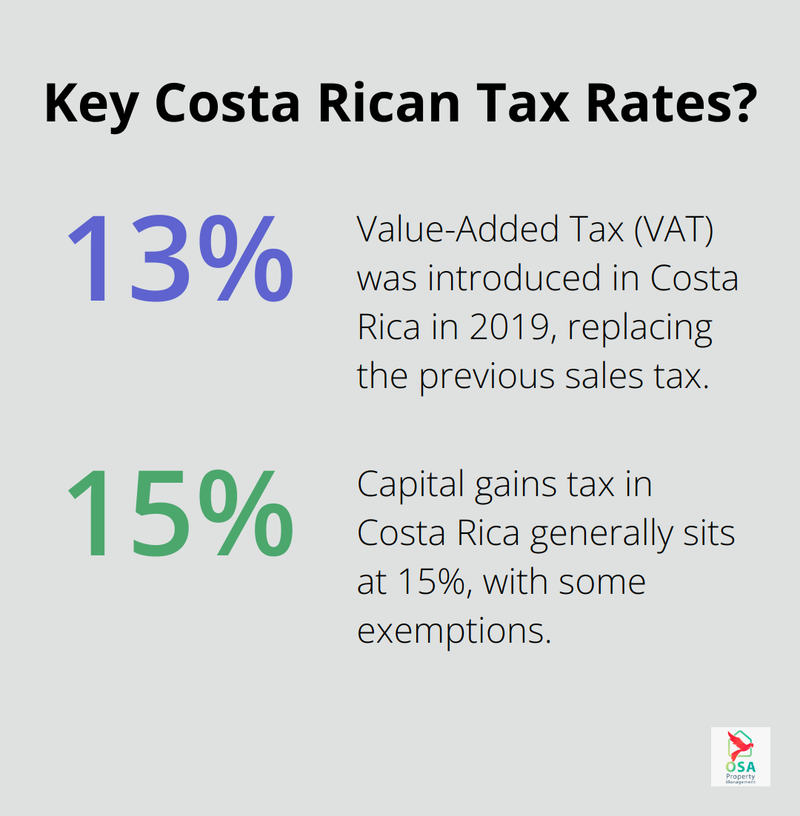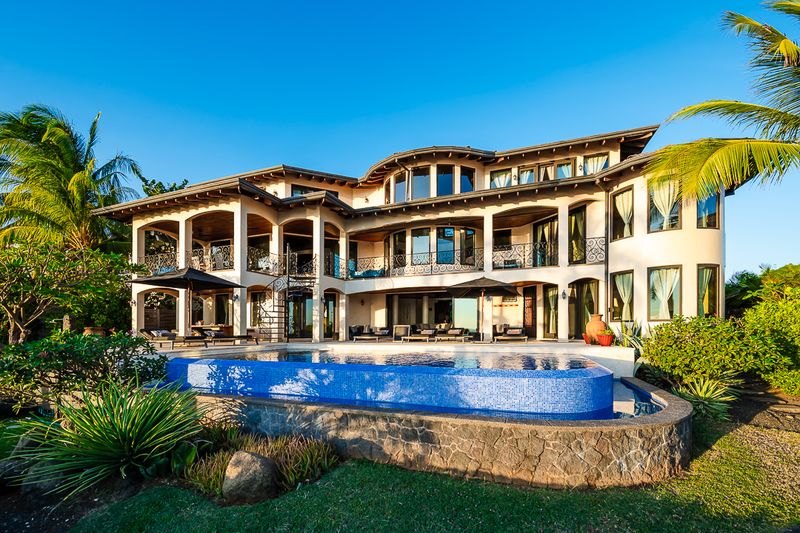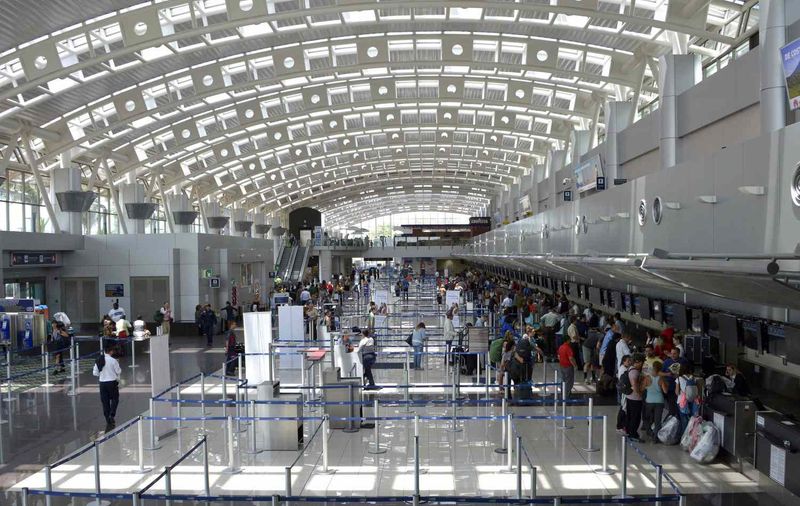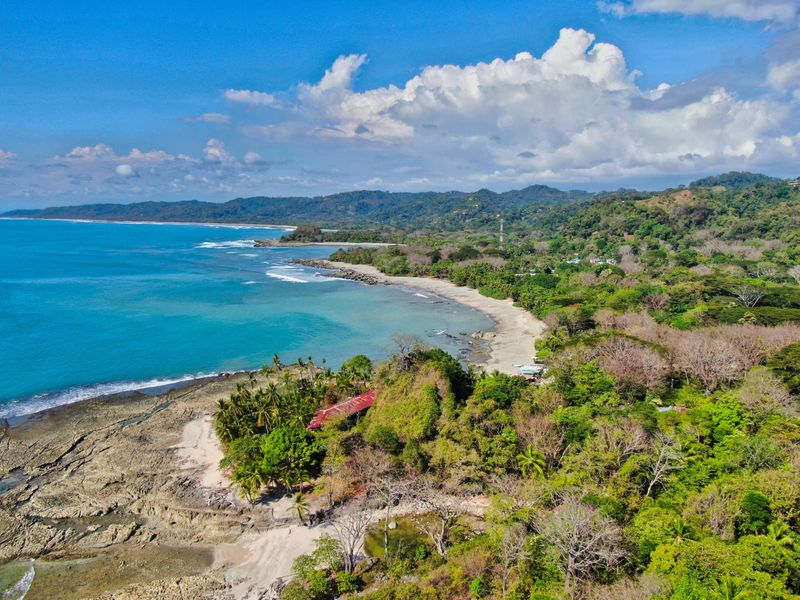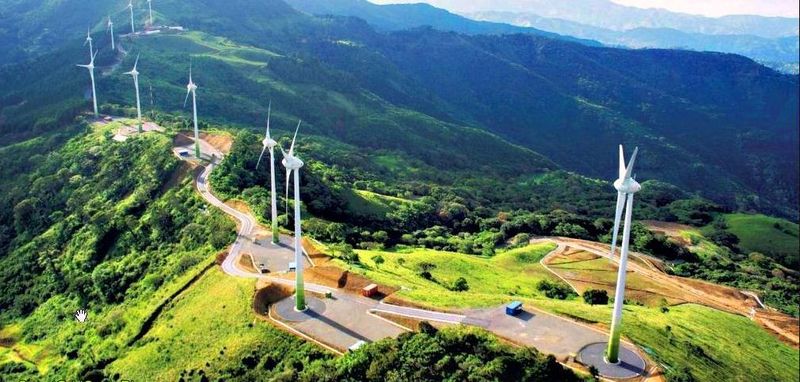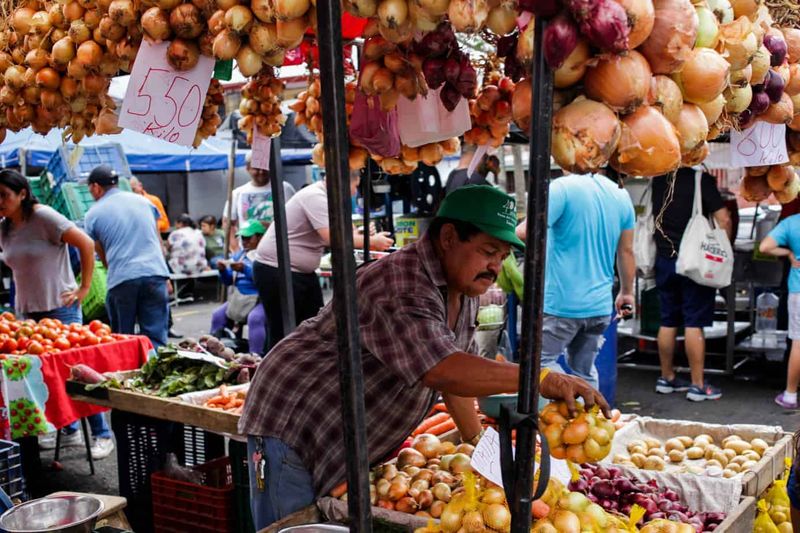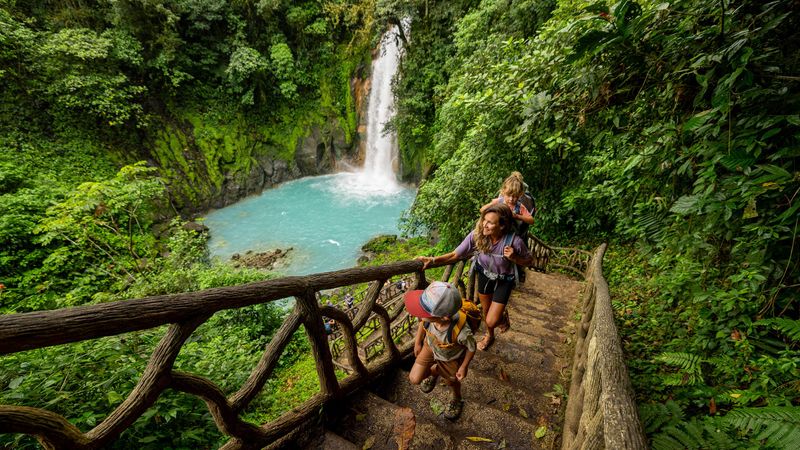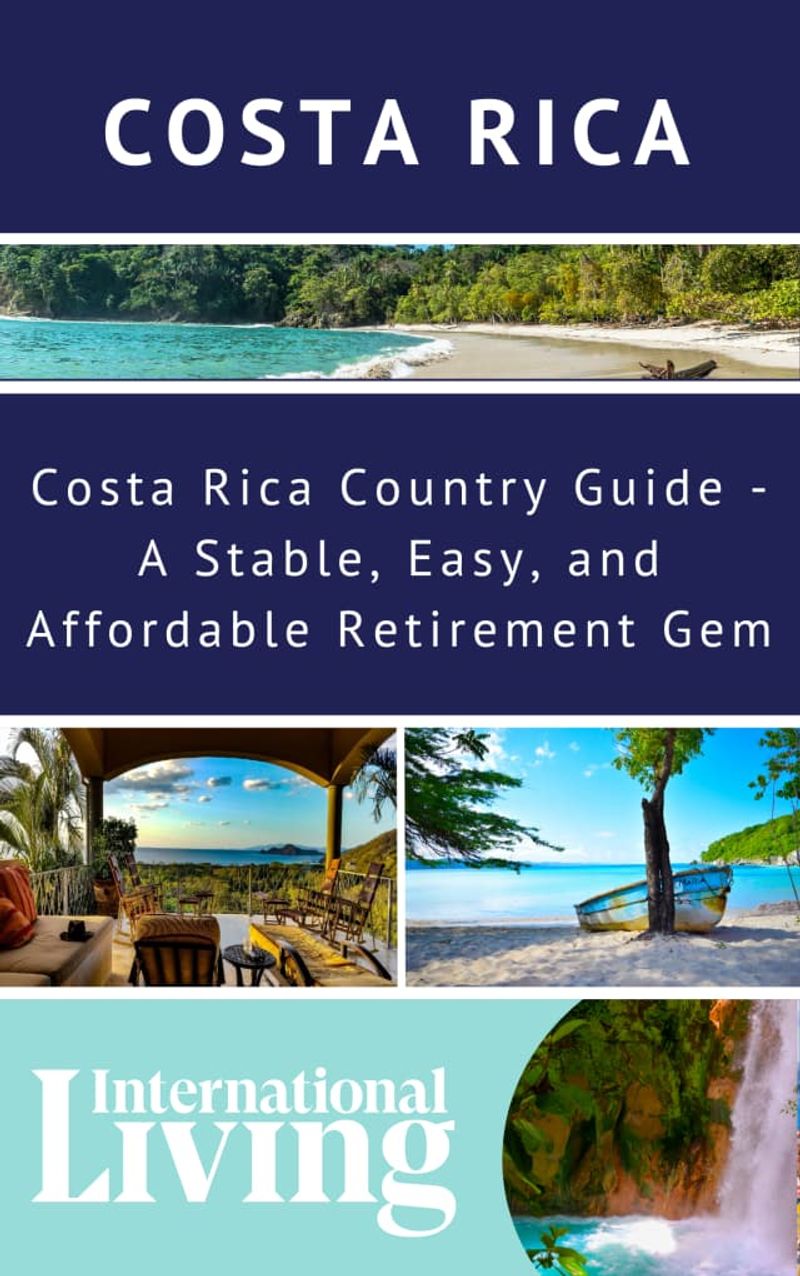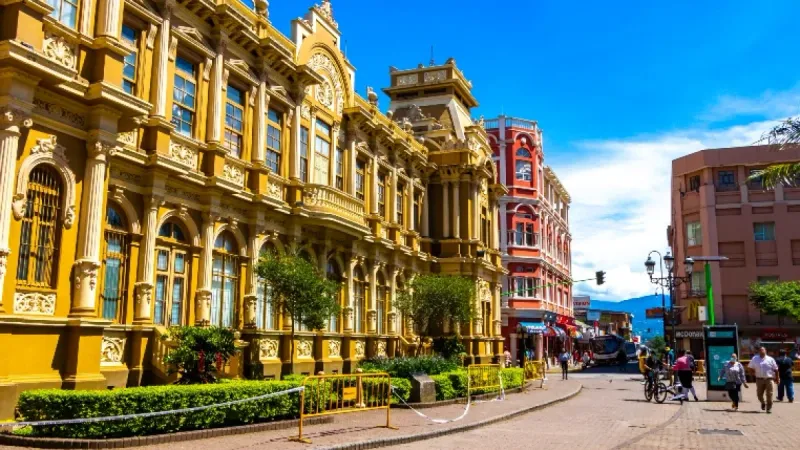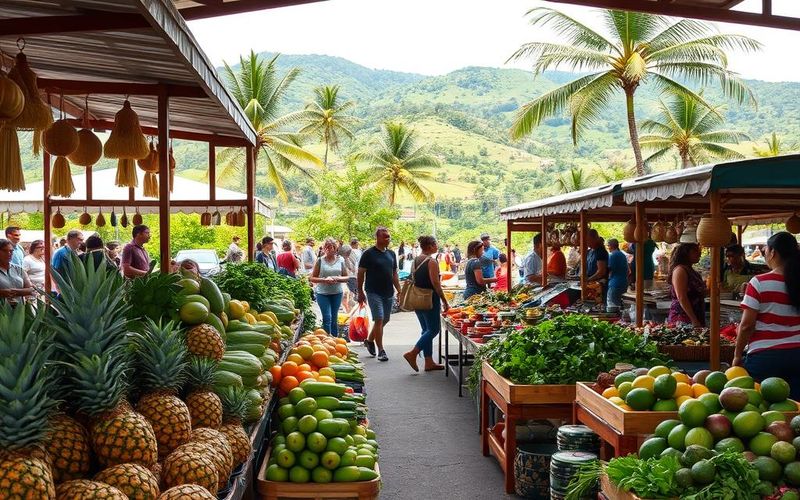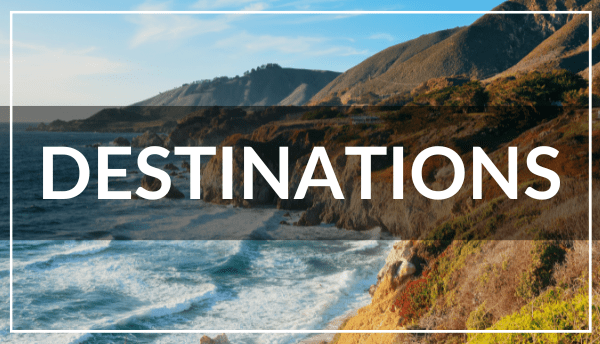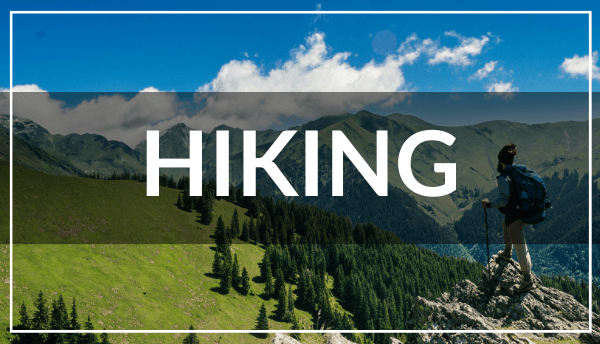Costa Rica has earned a reputation as one of the best places in the world for retirees to start fresh. With its stable government, beautiful landscapes, and welcoming culture, it is easy to see why so many people are choosing this Central American gem. From affordable healthcare to stunning beaches and mountains, Costa Rica offers a lifestyle that feels both relaxing and adventurous. Whether you dream of waking up to ocean views or exploring rainforests, this country has something special waiting for you.
1. #NoArmySince1948 (and Political Stability)
Back in 1948, Costa Rica made a bold decision that still shapes the nation today. The country abolished its military and wrote that choice into its Constitution the following year. Instead of spending money on weapons and soldiers, the government invested in education, healthcare, and infrastructure.
This commitment to peace has paid off big time. Costa Rica consistently ranks as the most politically stable country in Latin America, according to World Bank data. Retirees appreciate knowing their new home avoids the turmoil and uncertainty found elsewhere.
Living in a place without an army might sound unusual, but it creates a calmer, friendlier atmosphere. The focus on diplomacy over conflict makes daily life feel safer and more predictable for everyone.
2. Universal Healthcare You Can Actually Use
Costa Rica requires all legal residents to join the national health system, known locally as CAJA or CCSS. Your monthly premium depends on your income and covers both medical care and pension contributions. Many retirees find the costs surprisingly affordable compared to U.S. insurance plans.
The system provides comprehensive coverage, including doctor visits, hospital stays, and prescription medications. Wait times can sometimes be long for non-urgent procedures, so many expats purchase supplemental private insurance for faster access to specialists.
During your CAJA intake appointment, officials will calculate your exact premium based on your financial situation. Having reliable healthcare takes away one of the biggest worries retirees face when moving abroad.
3. The Pensionado Residency Is Straightforward
If you receive a guaranteed lifetime pension of at least $1,000 per month, you can qualify for temporary residency under the Pensionado program. This visa category was designed specifically for retirees and makes the transition much smoother. You will need to provide documentation proving your pension income meets the minimum requirement.
After maintaining your Pensionado status for three years in good standing, you become eligible to apply for permanent residency. Permanent status removes many restrictions and gives you more freedom to come and go as you please.
Compared to residency programs in other countries, Costa Rica’s process is refreshingly clear and manageable. The requirements are well-documented, and many immigration attorneys specialize in helping retirees navigate the paperwork.
4. Digital Nomad Option for Semi-Retirees
Not quite ready to stop working completely? Costa Rica launched a Digital Nomad visa that lets you keep earning while enjoying paradise. You need to prove monthly income of at least $3,000 for individuals or $4,000 if bringing family members along.
One major perk is the tax treatment of your foreign earnings. During your visa term, income from sources outside Costa Rica remains tax-free locally, letting you keep more of what you earn. This arrangement works perfectly for consultants, freelancers, and remote employees.
The visa bridges the gap between traditional retirement and staying professionally active. Semi-retirees get the best of both worlds: tropical living without giving up their careers completely.
5. Territorial Taxes (Foreign Income Isn’t Taxed Locally)
Costa Rica follows a territorial tax system, meaning only income earned within the country gets taxed. Your U.S. Social Security checks, pension payments, investment dividends, and other foreign-source income remain untouched by Costa Rican tax authorities. This policy represents one of the biggest financial advantages for retirees.
You still need to file U.S. taxes if you are an American citizen, but avoiding double taxation makes budgeting much simpler. The money you saved for retirement stretches further when you are not paying income tax twice.
There are some nuanced rules for multinational corporations and complex business structures, but straightforward retirement income stays clear. Most retirees find this arrangement incredibly beneficial for their long-term financial planning.
6. Real Estate Is Buyable (with Clear Rules)
Foreigners enjoy exactly the same property ownership rights as Costa Rican citizens when buying titled land. Annual property taxes stay remarkably low at roughly 0.25% of the registered value, making homeownership affordable long-term. You can purchase everything from mountain retreats to beachside condos without special restrictions.
One important exception involves the Maritime Zone—the first 200 meters from the high-tide line. The first 50 meters are public land, while the next 150 meters operate under a concession system with specific rules. Always conduct thorough title searches through the National Registry before purchasing.
Many retirees work with local attorneys who specialize in real estate transactions. Taking this precaution protects your investment and ensures all paperwork is properly filed.
7. Mature Infrastructure & Global Access
Costa Rica operates two major international airports that keep you connected to the rest of the world. Juan Santamaría Airport near San José and Liberia Airport in Guanacaste offer direct flights to North America and Europe throughout the year. This accessibility means visiting family back home stays convenient.
A brief radar outage temporarily closed airspace on September 24, 2025, but operations resumed the same day. Such incidents are rare, and the country maintains reliable aviation infrastructure overall.
Beyond airports, Costa Rica has decent roads, widespread internet access, and modern utilities in most areas. Retirees do not need to sacrifice connectivity or convenience when choosing tropical living.
8. High Life Expectancy (and the Nicoya Blue Zone)
Costa Ricans live an average of 81 years, which ranks impressively high for the region. Something about the lifestyle, diet, and environment seems to promote longer, healthier lives. The Nicoya Peninsula has gained worldwide fame as one of the original Blue Zones where people routinely live past 100.
Researchers have studied Nicoya extensively, noting factors like strong family bonds, physical activity, and plant-based diets. While recent academic work suggests the longevity advantage may be narrowing among younger generations, the overall trend remains encouraging.
Many retirees move to Costa Rica hoping to add healthy years to their lives. The combination of fresh food, outdoor activities, and lower stress levels certainly supports that goal.
9. Green Power (Mostly Renewable)
Costa Rica runs almost all its electricity on renewable sources, an achievement few countries can match. In 2023, renewables provided about 94.9% of the grid, even during an El Niño drought that challenged hydroelectric production. Some rationing occurred in 2024, but the overall energy mix remains impressively clean.
Hydroelectric dams, wind farms, and geothermal plants power homes and businesses across the country. This commitment to sustainability reduces pollution and keeps electricity costs relatively stable over time.
Environmentally conscious retirees appreciate living somewhere that takes climate action seriously. Knowing your daily energy use comes from clean sources feels good and aligns with values many people hold dear.
10. Lower Costs vs. the U.S. (Especially Outside Hotspots)
Numbeo data consistently shows that everyday expenses in Costa Rica fall below U.S. averages. Groceries, dining out, utilities, and transportation all cost less in most areas. Your retirement savings can stretch much further here than back home.
The biggest savings come when you avoid premium expat neighborhoods and tourist hotspots. Living like a local rather than sticking to English-speaking enclaves makes a huge difference in monthly expenses. Fresh produce from farmers markets costs a fraction of supermarket prices.
Of course, your actual spending depends on lifestyle choices and location preferences. Some retirees live comfortably on $2,000 monthly, while others spend much more for luxury amenities.
11. Forests, Biodiversity, and Outdoor Living
Roughly 60% of Costa Rica remains covered in forests, creating incredible opportunities for outdoor exploration. The country protects numerous national parks and reserves that showcase everything from cloud forests to tropical beaches. Wildlife sightings happen regularly, with monkeys, sloths, and colorful birds making frequent appearances.
World Bank data confirms 100% electricity access and strong internet penetration, so you get nature without sacrificing modern conveniences. The culture celebrates outdoor living with the famous “pura vida” philosophy that encourages enjoying each moment.
Retirees find endless ways to stay active, from beach walks to mountain hikes. Having such easy access to nature keeps both body and mind healthy throughout your golden years.
12. Clear Paths Beyond Pensionado
Not everyone qualifies for Pensionado status, but Costa Rica offers other residency tracks too. The Rentista category works for people with stable income or significant savings, even without a traditional pension. You demonstrate financial stability through bank statements or investment accounts.
The Inversionista option requires making a qualifying investment in the country, with current practice often citing $150,000 or more in real estate. This route appeals to retirees who want to buy property anyway and can use that purchase toward residency requirements.
Having multiple pathways means almost any retiree can find a visa category that fits their situation. Immigration attorneys can evaluate your specific circumstances and recommend the best approach.
13. Big—But Manageable—Expat Communities
Tens of thousands of Americans have already made Costa Rica home, with concentrations around San José and the Pacific coast. Finding English speakers and connecting with fellow expats happens easily in these established communities. You can join clubs, attend meetups, and build a social network quickly.
Spanish remains the official language, but many businesses in expat areas operate bilingually. Learning some Spanish enriches your experience and opens doors to deeper friendships with locals. Most retirees pick up enough to handle daily interactions within a few months.
The expat presence is large enough to provide support and familiarity but not so overwhelming that Costa Rica loses its authentic character. You get the best balance between adventure and comfort.
14. Safety: Realistic, Not Romanticized
The U.S. State Department currently rates Costa Rica at Level 2, meaning travelers should exercise increased caution due to crime. Homicide rates reached about 17.2 per 100,000 in 2023, though 2024 showed slight improvement. These statistics matter when choosing where to live and how to conduct daily routines.
Crime tends to concentrate in certain areas, and retirees who research neighborhoods carefully can minimize risks. Petty theft and burglaries happen more often than violent crime, so basic precautions like locking doors and avoiding flashy displays of wealth make sense.
Costa Rica is not crime-free paradise, but it is not especially dangerous either. Realistic awareness and smart choices keep most retirees safe and comfortable.
15. Culture Fit for Slow Living
Costa Rica’s everyday rhythm encourages slowing down and savoring life rather than rushing through it. Farmers markets, casual beach days, and afternoon coffees with neighbors become regular routines. The pura vida mindset permeates everything, reminding people to appreciate simple pleasures.
National parks and nature reserves sit within easy reach of most communities, making weekend adventures effortless. Fresh tropical fruit, locally caught fish, and organic vegetables support healthier eating habits almost automatically.
Many retirees report feeling physically and mentally better after relocating here. When you combine affordable healthcare, outdoor activities, clean energy, and longevity trends, the wellness benefits become obvious. Slower living does not mean boring—it means intentional, fulfilling, and genuinely enjoyable.
